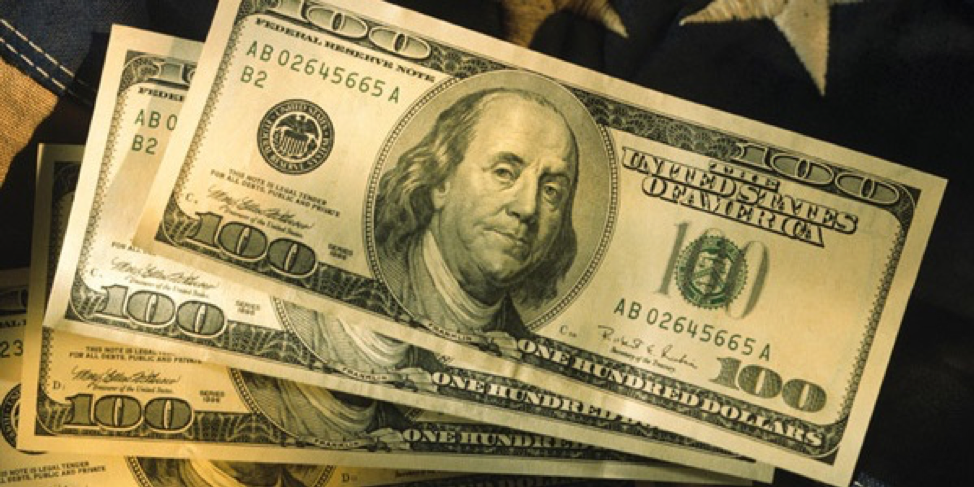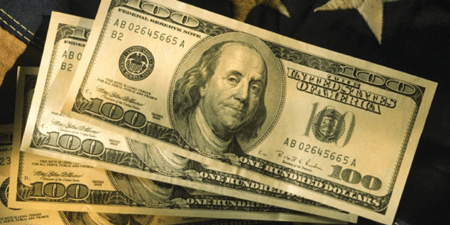1 min read
Tips For Saving For Your Next Car
Whether you have your eye on a new or used car, its price is probably much higher than it would have been a half-decade ago. Vehicle prices have...
Manage your everyday finances with convenient accounts, flexible cards, and personalized service designed to fit your life.
At First Federal Bank, we offer flexible mortgage solutions for almost any situation, helping you secure the right financing for your dream home.
Business banking offers secure financial management, streamlined transactions, credit options, and tools to help businesses grow efficiently and sustainably.

 You’ve collected a hefty sum of money in your savings account, but what should you do with it? Rather than investing it in a high-risk account or letting it lose value by stagnating, you can use it to buy a CD.
You’ve collected a hefty sum of money in your savings account, but what should you do with it? Rather than investing it in a high-risk account or letting it lose value by stagnating, you can use it to buy a CD.
What is a CD?
In the world of finances, the CD acronym stands for “certificate of deposit.” Simply put, a CD is a type of savings account with a fixed interest rate that typically exceeds the interest accrued from a regular savings account.
Senior Nerdwallet writer Spencer Tierney points out credit unions offer the equivalent as share certificates. Both are insured up to a certain amount, with CDs insured by the Federal Deposit Insurance Corp and certificates insured by the National Credit Union Administration.
Historically, the term CD referred to the document that confirmed your deposit at a financial institution and the interest rate your funds were given. During that time, the institution would use your money as they saw fit until you cashed in or redeemed your CD.
How CDs differ from savings accounts
Some people move their excess funds from savings accounts to CDs. But before you do this, it’s important to understand the differences between the two account types.
CDs are appealing because they’re a low risk, high-yield way of storing your money. Investopedia’s Jason Fernando explains, “CDs usually have higher interest rates than savings accounts.” However, there is a catch: “CDs differ from savings accounts because the money must remain untouched for the entirety of their term or risk penalty fees or lost interest.” That high interest rate is given as an incentive for lost liquidity.
You cannot touch your lump-sum deposit during the agreed-upon period. When the term ends on the maturity date, you’ll have access to withdraw your funds or let the institution automatically reinvest them.
Most CD periods last 3, 6, 12, or 24 months, though they can range from as short as 1 month to as long as 10 years. Typically, the longer the term, the better interest rate you’ll be given, though some institutions offer promotional CDs for shorter terms to incentivize potential clients.
Why open a CD?
So why would you consider relinquishing your money for that period? Forbes Advisor contributor Rebecca Lake points out the biggest benefits: CDs produce guaranteed returns, are safely insured, have high APYs, and likely won’t involve a monthly maintenance fee. These factors make CDs a safe, conservative investment method that is less volatile than stocks or bonds yet more profitable than a regular savings account.
Drawbacks of CDs
Certificates of deposit offer some appealing benefits, but you should understand their limitations before opening one.
The biggest disadvantage is the lack of accessibility, as you are expected to leave your funds untouched for the entire period. If you draw from your CD account before the maturity date, you can face a penalty fee.
Also, the interest rate remains fixed for the entire term and won’t adjust with the market. That could be good if you lock in a high interest rate. But if you open a CD when rates are low, your money won’t grow very much. And that low rate may not be enough to offset inflation.
“CDs carry interest rate risk in that it’s possible to lock in savings at one rate, only to see rates climb,” cautions Rebecca Lake. “Unless you have a step-up or bump-up CD, you wouldn’t be able to take advantage of that higher rate without opening a new certificate of deposit.”
As with any form of investing, you have to weigh the pros and cons based on your unique financial situation. Schedule an appointment with an advisor to receive guidance on what to do with your savings.

1 min read
Whether you have your eye on a new or used car, its price is probably much higher than it would have been a half-decade ago. Vehicle prices have...

In the world of investments, certificates of deposit (CDs) occupy a middle ground. They provide you with a guaranteed interest rate in return for...

Putting your money into a savings account affords certain benefits. It offers a safe location for your hard-earned money, which is perfect for when...
Manage your accounts, make payments, and more.
Open an account with us.